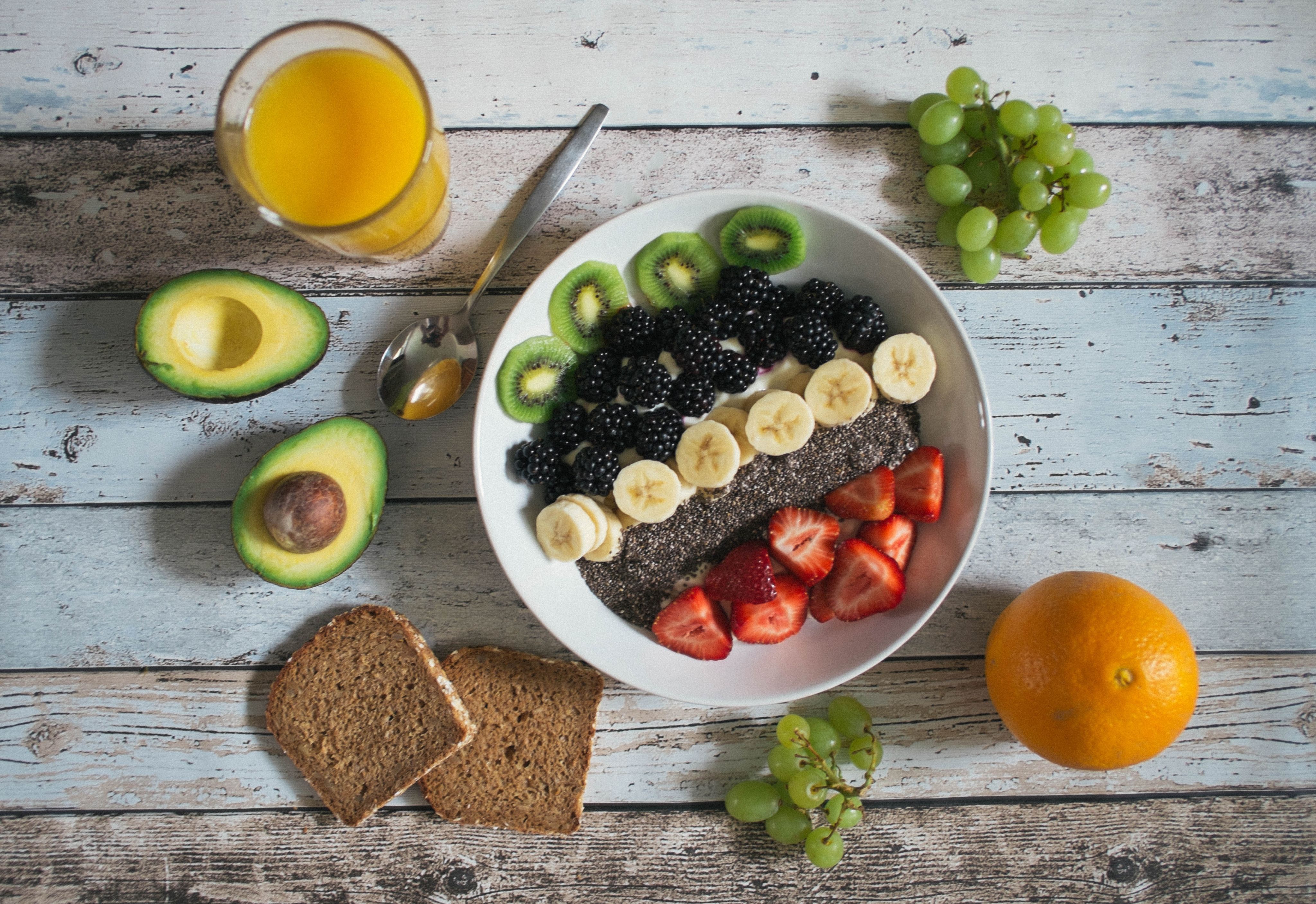The Connection Between Physical and Mental Health


Dr. Gabriela Ortiz, M.D., executive director of the University of Houston Student Health Center
Dr. Gabriela Ortiz, M.D., executive director of the University of Houston Student Health Center
In our busy lives, we frequently overlook the close connection between our physical and mental well-being. But upon closer look, we see that they’re deeply intertwined. When our physical health thrives, it often has a positive impact on our mental state, and vice versa. According to Dr. Gabriela Ortiz, M.D., executive director of the University of Houston Student Health Center, the connection of the mind and body has been subject of many scientific publications and research.
“We know now that movement, in all of its forms, not only helps with mood and sensations but is strongly related to cognitive function, memory and longevity,” Ortiz said.
Regular exercise isn’t just about staying in shape, it’s also a powerful booster for mental health. “Exercise itself releases endorphins and reduces ‘stress hormones’ such as adrenaline and cortisol. You don’t have to be a high-performance athlete or commit to a highly demanding exercise routine to get those benefits,” Ortiz elaborates. Incorporating regular exercise into our daily routines is a key strategy for nurturing our mental well-being.
“I would encourage anyone who is not physically active to start slow and establish an achievable goal,” Ortiz suggests. “There have been proven benefits to daily doses of exercises such as a 20-minute power walk. From there, you can do small increments, and as you get the many cognitive benefits such as increased retention, you will become more comfortable with movement.”
Along with regular exercise, nutrition plays a role in supporting both physical and mental health. “In order to boost the benefits from exercise, a balanced diet must follow,” Ortiz explains.
Incorporating a balanced diet may seem challenging, especially with the demands of studying and other daily tasks, but you can start with small changes. According to Ortiz, bring healthy foods with you to work or school such as nuts and berries, which have a low glycemic index. Both are easy to carry in backpacks or laptop bags. “You can include foods that are easy to carry and eat on your way to class such as nuts and almonds, and adding fruits with a low glycemic index, like berries,” Ortiz suggests.
The UH Student Health Center is a comprehensive medical facility offering a range of specialized services to support students' well-being. In addition to medical and clinical care, the center collaborates closely with other divisions, including wellness, Counseling and Psychological Services, the Campus Wellness and Recreation Center, and more. Numerous programs are in place to foster the integration of both physical and mental health for students.
“I would encourage anyone who is not physically active to start slow and establish an achievable goal.”
- Dr. Gabriela Ortiz, M.D.

The center’s doctors focus on promoting the intersection of physical and mental health through the “Exercise is Medicine” program in partnership with the Recreation Center. The program promotes targeting healthy blood pressure levels amongst students by promoting habit changes such as incorporating diet and exercise routines.
“You don’t need to be sick or have a current symptom to be seen by a primary care physician,” Ortiz said. “You can come to the Student Health Center and take a wellness exam which provides prevention and a good understanding of your risks and what habits can help you to live better.”
If you want to find out more about the different services available at the Student Health Center visit the Healthy Coog Portal.
For a list of mental health resources available to UH students, faculty and staff, visit the CoogsCARE website.
Need Support Now?
If you or someone you know is struggling or in crisis, help is available. Call CAPS crisis support 24/7 at 713-743-5454, or for the National Suicide and Crisis Lifeline call or text 988, or chat online at 988 Lifeline Chat and Text.

